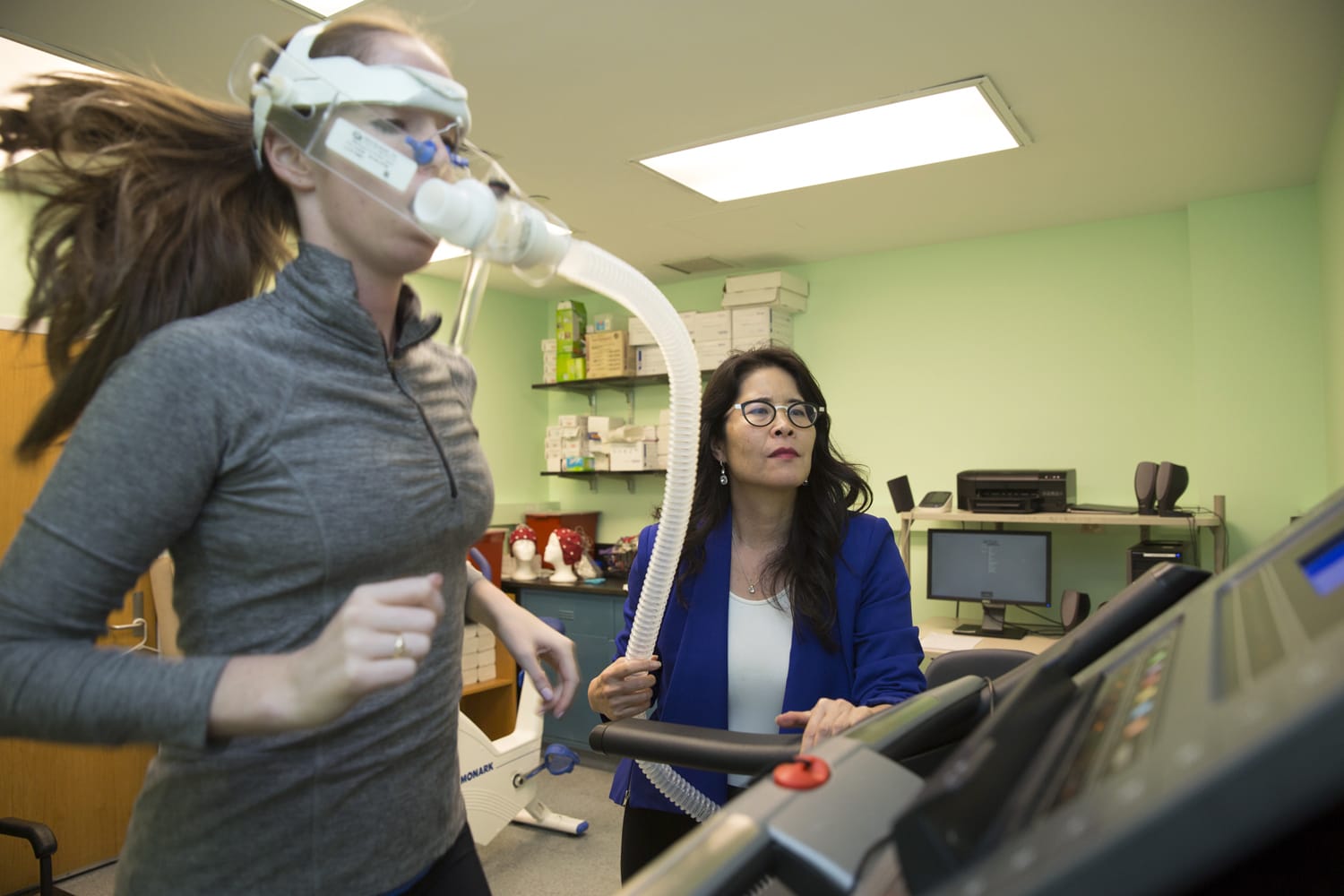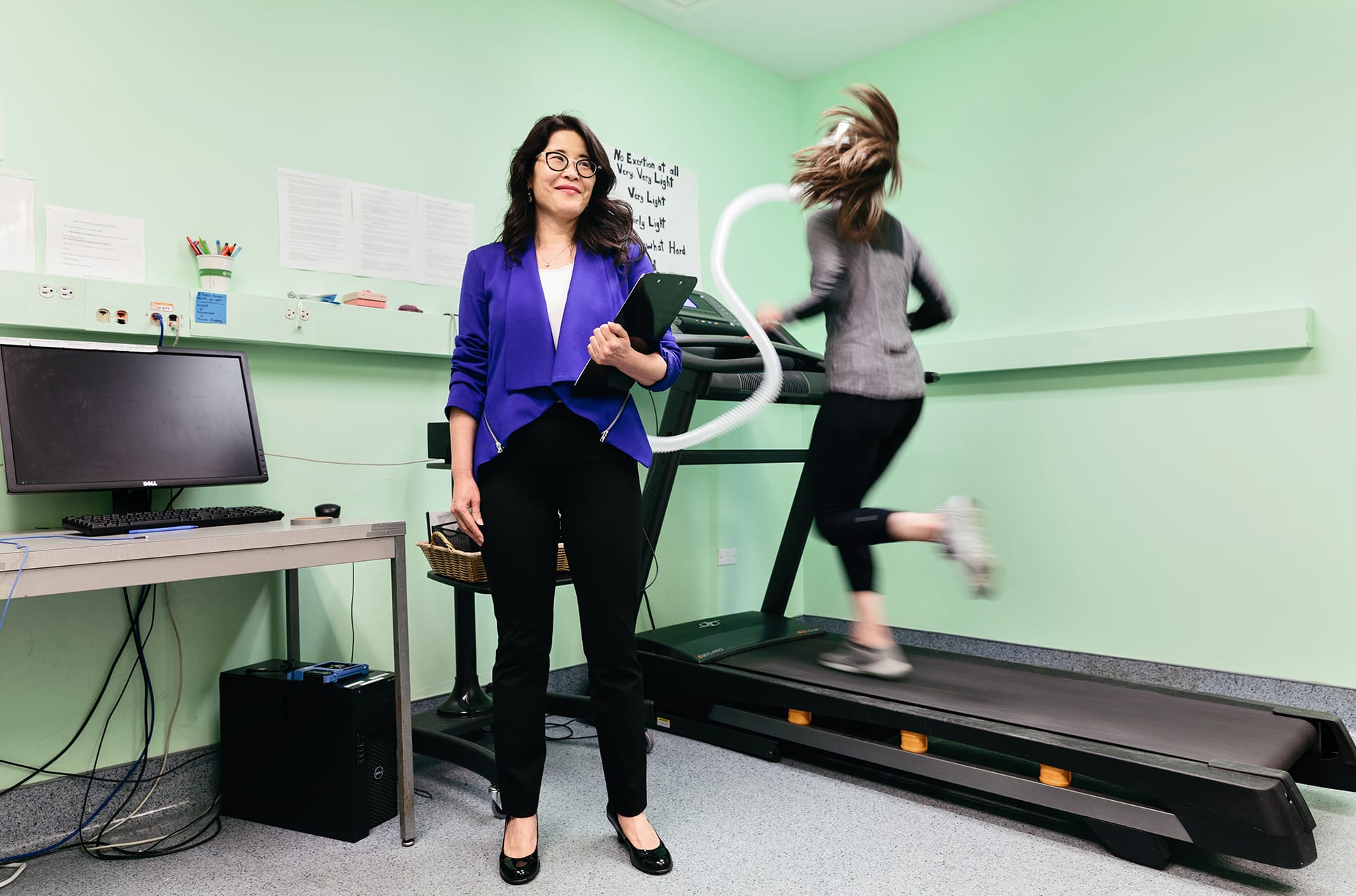Wendy Suzuki is a renowned researcher of brain plasticity and a professor of neural science and psychology and Dean of the College of Arts and Science at NYU. She is also known around the world for studying memory and the neuroscience of exercise in her lab. But at NYU, she might be even more well-known for another reason: she often starts class with some collective movement. Why? Because her laboratory research shows that exercise can have huge long-term cognitive benefits. And also because she wants to show her students how, more immediately, exercise can improve their grades.
Wendy Suzuki: The Brain-Changing Benefits of Exercise
Personal Meets Professional
For Professor Suzuki, this pursuit began around her 40th birthday. She had reached new heights in her professional career. But she realized that her personal life felt empty. Overworked and out of shape, she decided it was time to jump into regular exercise. It made her feel better than ever. At the same time, she noticed the biggest benefits were emotional. She felt less stressed, more focused, and ultimately more confident. That’s when Suzuki began to study not only how physical activity impacts our cognitive functions, but also how students can use exercise as a tool to improve not only their health but also their academic performance.

Get Involved at the Suzuki Lab
“We know that the more you exercise, the less chance you have of developing dementia and the better you do on cognitive tasks,” says Suzuki. “But everyone asks me, ‘What kind of exercise should I do?’ That’s what we don’t know, the prescription.” The Suzuki Lab invites students to help research areas like the connection between exercise and long-term memory or design their own experiments and apply for grants. It’s a meaningful opportunity for them to think and work as real scientists.

Applying Her Research to the Student Experience
Professor Suzuki has something else on the brain too: how exercise can impact college students adapting to a new lifestyle. “One of my goals is to understand how best to apply physical activity to maximize someone’s academic experience here at NYU as well as how they can reach peak brain capacity,” says Suzuki.
The formula may vary from student to student, she says. But the right exercise regimen can help students in many ways. The might find they can focus more closely on a lecture, sleep better, and even fight the effects of depression. What’s more, Suzuki’s first step to helping people activate their brain’s potential is communicating the science behind it. She does this through teaching, writing, and even her TED Talk lectures. “My goal is always to make neuroscience understandable,” she says. “I want to provide useful, enriching, and empowering information that people can really grasp, no matter who they are or how fit they are.”


![[Professor Michael Ralph]](https://meet.nyu.edu/wp-content/uploads/2019/06/Featured_Image-1.jpg)
